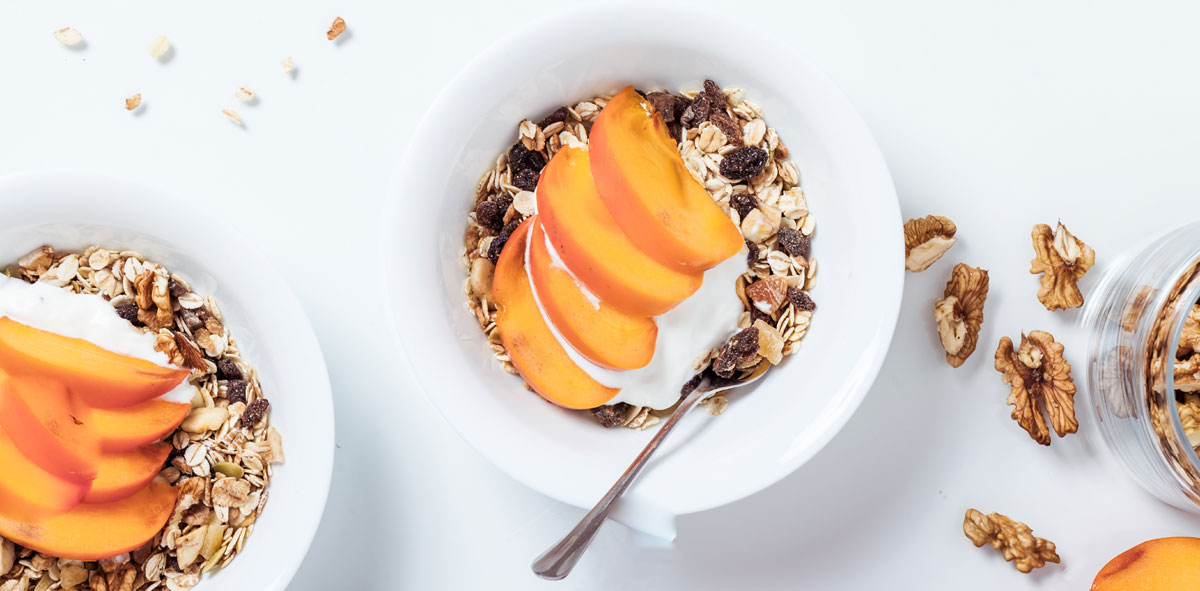By Jenny Friedman MS RD, on May 3rd 2020
Why diet is the best therapy for children on the autism spectrum

My husband is the family Plant Waterer. He takes a lot of pride in his role and it never ceases to amaze him. Plant Watering Day goes something like this: when the plants are looking really droopy and sad he brings them to the sink for a thorough dousing. Once they've had time soak up their shower he checks on them and then inevitably calls me over to show me how quickly and completely the plants have transformed. Every time he's absolutely amazed, on the verge of incredulous. No longer droopy and flat, the plants, with just a bit of water, have perked up and look as bright and springy as they did the day we first got them.
The simple transformation is all because they were thirsty and got a bit of water! Something so simple - yet so vital - creates a complete transformation.
It's a lesson I know and truly believe, yet never seem to learn. Time and time I again I find myself overcome by hanger after neglecting my grumbling stomach. We've all been there. I'm sure your kids are there are nearly a daily basis. There's something about feeling overly hungry that leaves us feeling so depleted and droopy. The solution is remarkably simple -- we just need food.
These examples are the most basic and simplified reminders that food is a powerful thing. If eating can be so transformational on a daily level, imagine the benefits of good nutrition on a larger scale.
Proper nutrition has the ability to elevate, energize, and optimize, while poor nutrition leaves us feeling listless and irritable. It's as true for humans as it is for plants, but I believe it's even more important for individuals who are wired differently.
Eating and Autism
Let's start with the facts. Research shows that anywhere from 50 to over 80% of children on the spectrum exhibit selective eating, food refusal, and/or limited food acceptance [1]. While picky eating is common in most young kids, children with an autism diagnosis are more likely to exhibit these behaviors at a very young age, display them more frequently, and are also more likely to experience these and other barriers to eating concurrently [2].
Children with autism and especially those who also experience sensory processing disorder tend to reject fruits, vegetables, and protein sources. Instead, they prefer bland highly palatable foods that are higher in carbohydrates, sugar, and salt. These foods typically do not provide a diversity of vitamins, minerals, or other nutrients.
For these reasons, it's not surprising that children on the spectrum are found to be at a higher risk of inadequate intake of vitamins and minerals including calcium, zinc, vitamin D, and vitamin B12 compared to neurotypical children [3].
Autism and Special Diets
Research on the correlation between autism and specific diets is scarce and inconclusive. It's difficult to assess nutrition interventions and, as autism is a spectrum disorder, we can't expect every child to have a uniform response. However, there are countless parents who will tell you that diet does make a difference.
Nutrition for the Autistic Child
Remember my sad, thirsty plants? And the hunger-induced meltdowns that your children, likely you, and definitely I, fall victim to on the regular? Not getting what we need from food impacts our energy, mood, behavior, health, and ability to think clearly and feel well.
Proper nourishment is vital for humans and plant. It's extra important for anyone with a health condition. That includes children on the autism spectrum.
You do so much to give your child any possible advantage. Is nutrition standing in your child's way? Is a poor diet causing extra strain on your child's health, behavior, and overall wellbeing? What possible advantages, enhancements, and improvements could a balanced, healthy, adequate diet provide?
In my mind, food is an easier more sustainable solution that medication. In terms of autism treatments, nutrition should be just as valued as your child's other therapies. It's one thing that you can control and the only thing that your child engages in at least three times a day absolutely every day. Why wouldn't you make improvements if you could?
What You Can Do
If you're struggling to get your autistic child to eat, sit at meals, or add new foods to his diet, I suggest working with a professional. Feeding clinics, speech therapists, and registered dietitians can provide you with helpful strategies. I offer an autism nutrition coaching program for parents that helps to expand and improve children's diets.
If you're wanting to get started on your own first, there are a ton of resources on JennyFriedmanNutrition.com. Additionally, I suggest focusing on what foods you can add to your child's diet before trying to take foods away. Offer as many fruits, vegetables, and whole grains as possible. Finally, always provide your child with the opportunity to try new foods. It might take a while, but one day she'll surprise you!
Jenny Friedman is a registered dietitian who works with children on the autism spectrum. Find out more about Jenny at jennyfriedmannutrition.com.
Opinions expressed by Spectrum Heart contributors are their own.

